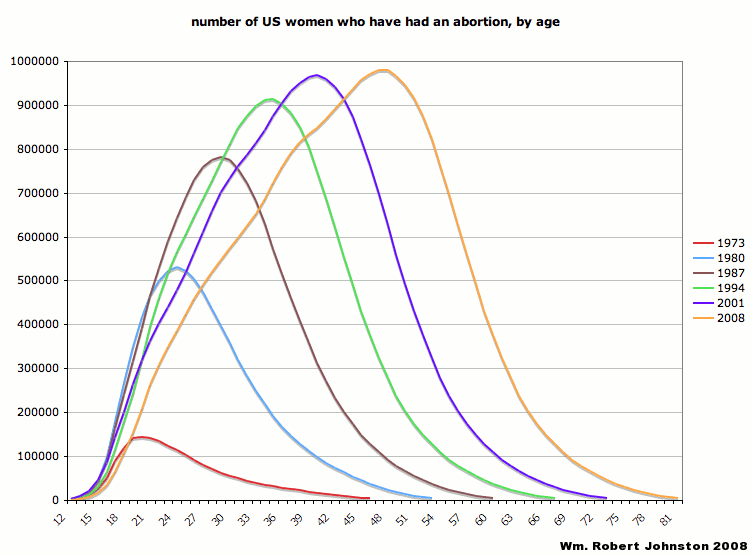
Social and Ethical Issues
Explore the right and wrongs of Biotechnology and reproductive health
Just because we can, it doesn't mean we should
Science in Reproductive Health is a very controversial and sensitive topic, maybe even the most controversial. Some of these controversial subjects include but are not limited to sex selection, cloning, and surrogacy. Obviously all of these procedures are beneficial to society in the right situation but are humans trustworthy enough to perform these experiments safely and for good purposes? Or are we going into an area of science that is morally wrong and will lead to a handful of problems?
Cloning
Reproductive Cloning, in no doubt, has many applications to improve society such as producing desired livestock, reviving endangered species, and allowing same-sex couples to have genetically related kids. However, there are many groups and organizations out there who oppose cloning all together because they believe that the procedure will lead to overpopulation, will devalue the sense of individualism, and that further research can lead to the death of many animals due to inconsistencies of experimenting. Cloning requires an egg cell, somatic (body cell), and a surrogate. With research projects having failure rates as high as 90%, organizations believe that surrogate animals and egg cells are going to waste when they could be used for other purposes. All of this animal cloning research will eventually lead to the rise of human cloning. Many cloned human embryos have been produced but none of them are reported to have been inserted into a surrogate. With the rise of human cloning, there are many questions to be answered. Are these clones mentally stable? Do they have the same rights as regular humans? Is there a possibility that these clones will be exploited for body parts (organs) or exploited for labor?

Circumcision
What is it? Removal of Male Foreskin (skin covering the head of the penis), usually performed to newborns within the first 24 hours
Pros: Prevents medical conditions associated with foreskin such as phimosis (tightening of foreskin), decrease risk of urinary tract infections, sexually transmitted diseases, penile cancer, HIV, improves hygiene of the penis, is usually safe
Cons: Procedure is painful, risk of injury to penis and infection during procedure, can cause psychological harm and trauma
Ethical Concerns: Removes a normal, functional and healthy body part, usually done without consent, causes unnecessary pain


abortion
What is it? Termination of Pregnancy by ingesting a pill or surgical procedure (dependent on situation)
Pros: Provides an escape route for people who are not ready/does not want to raise a child, people who have been raped, women whose lives are in danger from having a child, fetus having any serious medical problems, 1 in 100,000 death rate
Cons: Risk of becoming sterile (not being able to produce children), mental health issues (depression), serious health complications
Ethical Concerns: Procedure is seen as killing unborn babies, abortion based on fetuses having health issues (down syndrome) is seen as discrimination, immoral to use abortion for contraception, promotes culture where human life is disposable, eliminates potential contributions of a future human being, can lead to "sex-selection abortion" where couples decide to abort babies based on preferences for genders-especially common in overpopulated countries


surrogacy
What is it? Assisted Reproductive Technology (ART) where a female would a carry a child for a couple
Pros: The child produced is biologically related to the intended parents, rewarding experience for both surrogate and parents, helps same-sex couples have a child, high success rate
Cons: Expensive, parents have little to no control over surrogate, different state regulations- must hire a lawyer
Ethical Concerns: Surrogate would be attached physically and emotionally to the child, exploitation of young women desperate for money, degrades pregnancy as a service and baby to a product, fear of breeding farms and black market

birth control/contraceptives
What is it? Devices and medications that are primarily used to prevent fertilization from occurring
Pros: Improves acne, reduces menstrual cramps, leads to fewer unplanned pregnancies and abortions, reduces public spending on assisting premature families, provides a greater family wellbeing, reduces overpopulation
Cons: Can cause hormonal imbalances, yeast infections, high blood pressure, weight gain/loss, and nausea
Increases risk of breast/cervical cancer, strokes/heart attacks, and blood clots
Ethical Concerns: Leads to "immoral and promiscuous behavior" especially for young teenagers, seen as unnatural and anti-life, most religions opposes it due to encouraging sex before marriage, should we offer contraceptives to teenagers?

